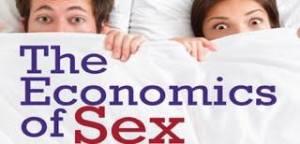(NOTE: the following was actually written before the pandemic (I have a backlog). Question for discussion: how is this analysis altered, if at all, by the new economic environment created by the pandemic?)
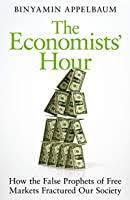
Government used to be dominated by lawyers, Hohenberg noted. But that was when it didn’t do much. That changed with the Depression, WWII, and the rise of the welfare state, with government now seen as managing the economy.
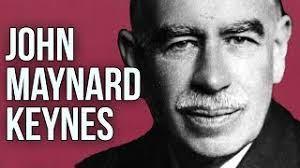
But the ’70s brought “stagflation,” high unemployment coupled with high inflation, breaking Keynes’s law. The explanation, Hohenberg says, was demographic. Baby Boomers reaching adulthood flooded the workforce. Also women, now much freer to work outside the home. These extra working hands produced much wealth and higher living standards, but the economy couldn’t create new jobs fast enough, hence high unemployment. While higher family incomes boosted consumer demand, pushing up inflation.
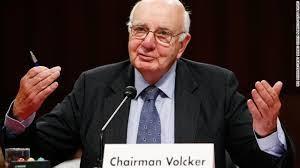
Keynesianism also meant government stabilizing the economy through the stimulus of spending when it’s weak, borrowing the needed money, then reversing course when the economy is strong. Stimulus does seem to work, notably in 2009. But it’s unfortunately addictive, and politicians like to keep the spigot open even when the economy is booming.
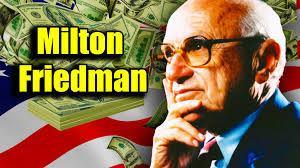
There was also “supply-side” economics, touting tax cuts as stimulus, arguably engendering enough added economic activity that the cuts would actually pay for themselves. This has been widely derided. However, there ought to be some optimal level of taxation, enabling government to collect enough revenue while maximizing the economic activity that produces earnings to be taxed. Whether tax cuts “pay for themselves” probably depends on how they’re structured and who benefits.

With my bodyguards in Somaliland
Hohenberg also discussed free market fundamentalism, trying to limit regulation so that business and industry can just get on with wealth-creation. I have noted, apropos my Somaliland visit, how government’s scant regulation there actually leaves businesses vulnerable to predation and thus inhibits economic activity. Here again the issue really isn’t regulation versus no regulation. It’s having the right kind of regulation that protects the right things, thereby maximizing economic opportunities. But that’s hard to do, and government hasn’t proven very good at it.
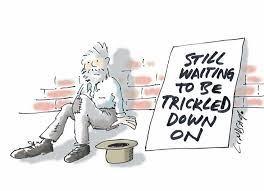
Hohenberg observed that, ironically, economists get attention when there’s debate but not when there’s consensus. They almost unanimously support a carbon tax; politicians almost unanimously demur. And while practically all economists say trade is beneficial, few politicians have the courage to argue this, and so the public increasingly rejects it.

This idea is indeed commonly believed. But it’s quite false. As Hohenberg explained, the autarky envisioned by the questioner would send consumer prices through the roof; buying stuff cheaper from China than we can make it ourselves saves us money and thus enriches us. The savings we can spend buying other stuff we do make ourselves. It’s also untrue that the average American has been growing poorer. Average incomes have been rising, and trade plays a role in that.
And it’s also untrue that “we don’t make anything anymore.” We manufacture as much as ever, but can do so with ever less labor; it’s advancing technology and automation, far more than trade, that’s responsible for reduced manufacturing employment. But that increased productivity also makes us richer. It frees up labor to do other things, particularly in services, which consumers increasingly spend money on. There’s a notion that producing intangible services is somehow less real than manufactured goods. That’s yet another fallacy; people’s willingness to pay money for something decides its value.
